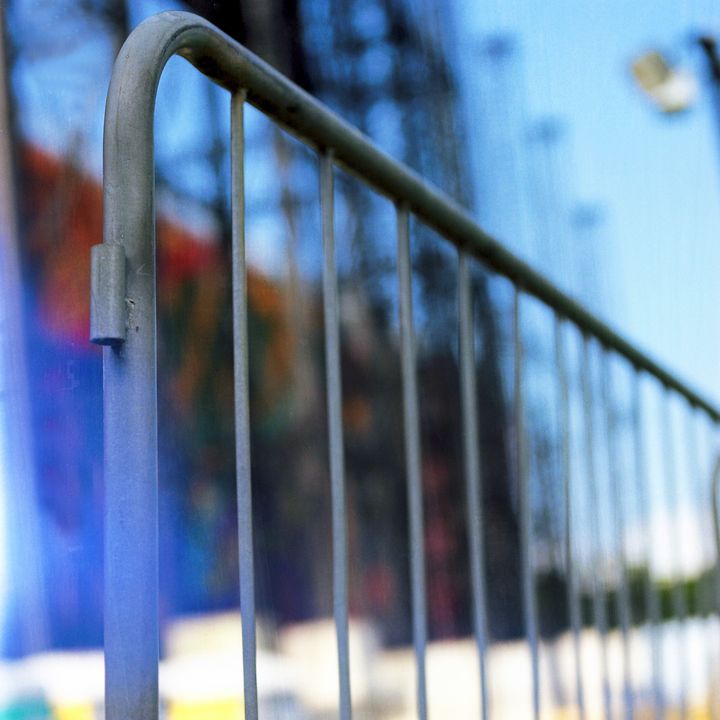QT 15/01/2024 Monday Matthew 13. Be the good soil. 做那好土

QT 15/01/2024 Monday Matthew 13
http://www.esvbible.org/matt13
Once again, Matthew cited Isaiah, Matt 6:9-10 this time. He argues that Jesus is the Messiah. But how could have Jesus' parables "fulfilled the prophecy of Isaiah" (Matt 13:14)?
The parable of the sower in Matt 13 reveals the hardened heart conditions of the hearers. Only the "good soil" produced a crop. The other three kinds of soils yielded distinguishing results :-
Seeds on the path - those who DO NOT UNDERSTAND (Matt 13:19) and consequently, allowing the devil to take away the potential for life in the seed;
Seeds on rocky places - those who receive and rejoice initially but have NO ROOT, allowing the trouble or persecution that comes because of the word to overcome it (Matt 13:20-21);
Seeds on thorns - those who allow worries of this life and the failure to detect the deceitfulness of riches (Matt 13:22) to CHOKE them.
Isaiah 6:9-10 (the context of which is around 8th Century B.C.) is very serious, because Isaiah's ministry was to harden hearts so that his warning becomes the "final straw" after which God would "finish" the rebellious Israelites off.
Simultaneously, God's righteousness would be vindicated, i.e., He was "right" to exile His own people (one of the most severe forms of punishment for rebellion and unrepentance).
Hosea, Isaiah, Amos and Micah were sent to the Israelites but they refused to listen. Destruction and exile inevitably followed.
Jesus' parable to the Jews would also reveal the heart conditions of the listeners. We know from history that the Jews rejected Jesus and about 30+ years later, Rome utterly destroyed the Jerusalem temple (about A.D. 70).
If you go to Jerusalem today at the Temple Mount, and ascend the steps onto the foundation/platform where the temple used to stand, you would understand how utterly the temple was destroyed.
APPLICATION (1): Be the good soil that "hears" and "understands", producing abundant harvests (Matt 13:23). Do not be the "weeds" (Matt 13:24-30) but have faith like the mustard seeds (Matt 13:31-35).
APPLICATION (2): Treat the kingdom of heaven like treasure, exchanging YOUR ALL for it (Matt 13:44-46). However, the true followers of Jesus would only be revealed ultimately "at the end of the age" (Matt 13:49), so beware.
星期一 2024年1月15日 今日读经:马太福音13章
http://m.bbintl.org/bible/ncv/Mat/13/
马太再次地引述了以赛亚,这次在太6:9-10。他为耶稣是弥赛亚这件事而争辩。但耶稣的寓言如何“应验了以赛亚的预言”(太13:14)?
马太13章里撒种人的寓言揭开了听者内心的刚硬。只有撒在“好土”里的,才会结出果实来。其他三种土却有着截然不同的结果:-
撒在路旁的种子--那些听了却不明白的(太13:19),到最后被那恶者夺去那有可能会发芽的种子;
撒在石地上的种子--那些听了道的,立刻欢欢喜喜地接受,可是他里面没有根,只是暂时的;一旦为道遭遇患难,受到迫害,就立刻跌倒了(太13:20-21);
撒在荆棘里的种子--那些让今世的忧虑和财富的迷惑把道挤住(太13:22),结不出果实来。
以赛亚6:9-10(其背景是处于大约公元前8世纪)是很严重的,因为以赛亚的职事是让人心变得刚硬,这样他的预警就将成为“最后的通牒”,然后神就会“处理掉”那些悖逆的以色列人。
于此同时,神的公义将被伸张,那就是,祂让自己的子民被掳这件事情上是“正确”的(这是悖逆和不悔改的最严重的惩罚之一)。
何西阿、以赛亚、阿摩司和弥迦都被派到以色列人那里去但他们却不肯听从先知的警告。灭亡和被掳是在所难免的。
耶稣给犹太人的寓言也揭示了听者内心的刚硬。我们都从历史上知道犹太人拒绝了耶稣,30多年后,罗马便把耶路撒冷的圣殿彻底毁灭了(约公元70年)。
今天如果你来到圣殿山,并走上阶梯登上那圣殿曾经坐落的根基上/平台上,你就会明白这圣殿是如何被彻底毁灭的。
应用(1):做那好土,“听了”和“明白”,结出许多果实来(太13:23)。不要做那“荆棘”(太13:24-30)但要有信心像那芥菜种子一样(太13:31-35)。
应用(2):把天国看为是财宝,用你的一切来换取它(太13:44-46)。然而,耶稣真正的跟随者只有“在这世代终结的时候”才会被揭示(太13:49),所以要当心。


